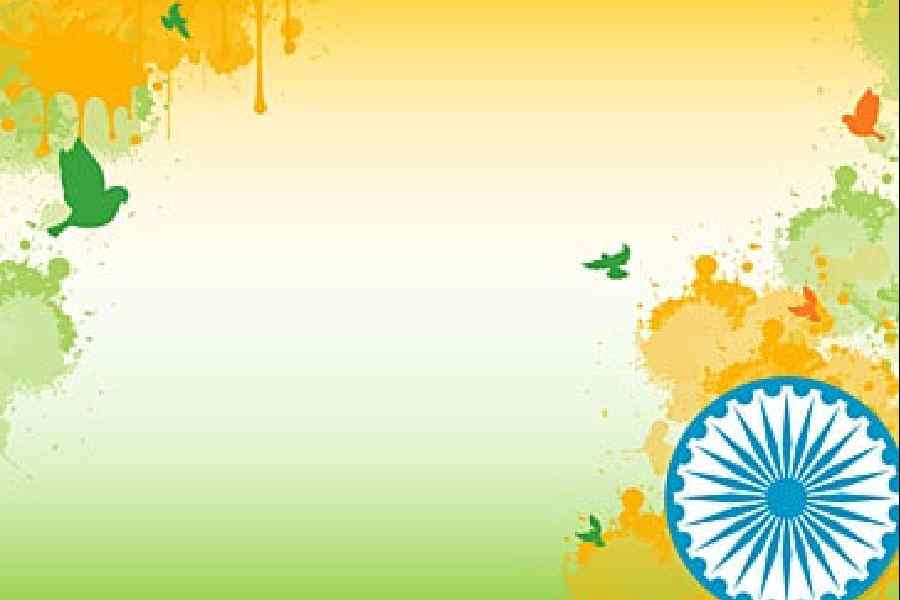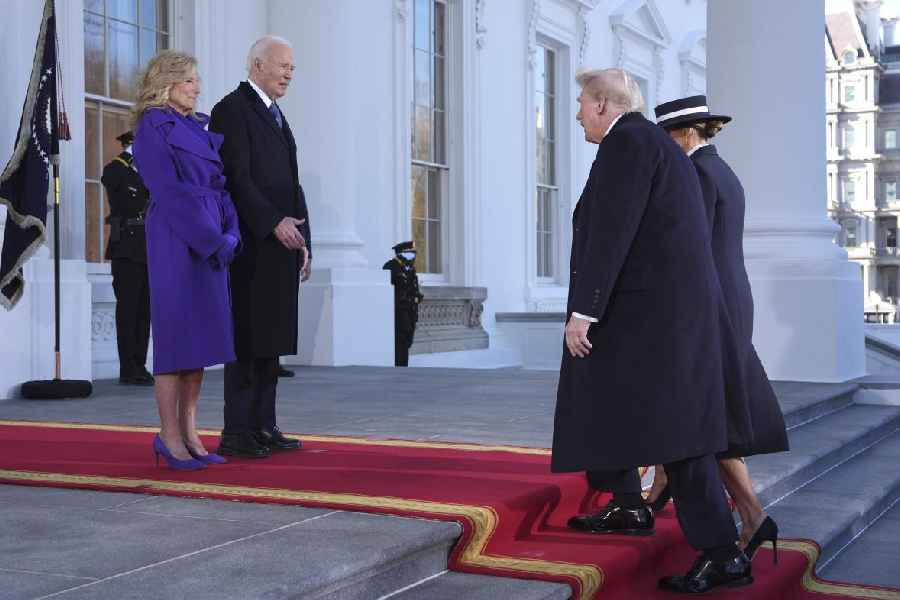Shanti Gogoi has been waiting for 20 long years, seeking justice for the killing of her daughter-in-law and her unborn child in an ULFA-orchestrated bomb blast during the Independence Day celebration in Assam’s Dhemaji town.
Gogoi’s daughter-in-law and 12 other people, including three children, were killed in the explosion that occurred minutes before the flag hoisting ceremony at the parade ground in the northern Assam town in 2004.
The explosion was a defining moment in ULFA’s history, as the outfit began losing support and sympathy for targeting innocent people since then.
An apprehension that justice has eluded the victims has seeped in since the Gauhati High Court acquitted all the accused in the case, exactly a year ago.
Gogoi, a retired school teacher, and others are now pinning their last hopes on the Supreme Court for justice.
"The blast happened in front of hundreds of people after they gathered at the Dhemaji College field for the Independence Day celebration. But there is no witness to say who planted the explosives or who was behind it,” questions Gogoi, whose daughter-in-law Namita died in the blast with the two-month foetus in her womb.
She wondered whether the police expected the witnesses to testify without any apprehension in such cases.
In August 2023, Gauhati High Court acquitted all six accused due to "lack of sufficient evidence", overturning a conviction by a lower court.
The Dhemaji district and sessions court had in 2019 sentenced four of the accused to life imprisonment and two others to four years in jail in the case.
For Gogoi, her neighbour Nityananda Saikia and families of other victims, the last hope is the Supreme Court, which is hearing a case filed by the Assam government challenging the High Court order.
"The High Court order needs to be reviewed. We remain hopeful that the Supreme Court will give us justice," Saikia, who lost both his teenage sisters in the blast, told PTI.
A class 12 student himself in 2004 who was present at the blast site, Saikia is now a lawyer, having taken up the profession to better understand how the culprits can be brought to book through the legal system.
"We received a letter informing us that the state government will be taking up the case in the apex court," Saikia said, He showed the letter, kept by his mother in a plastic folder along with other papers related to her two daughters' death.
Saikia's younger brother is a businessman and the family may appear to have moved on over the years, but the scar runs deep.
"Bomb detectors did not work. The police submitted a charge sheet with plenty of loopholes. And there was no political will to bring those responsible to justice," Saikia claimed.
He also questioned the United Liberation Front of Asom (ULFA), which had initially denied involvement but later tendered a public apology, for the reasons behind such killings.
"For whom were they fighting? What were their objectives?" the distraught brother of two young sisters who perished in front of him asked.
The sexagenarian Gogoi echoed similar sentiments. "Whatever be their objective, the ULFA could have surely tried to attain it without shedding so much blood of the innocent," she said.
A day after the blast, ULFA's then chairman Arabinda Rajkhowa, who signed a peace pact with the government last year, had said in a statement that security forces had used school children as shields to defy the outfit's boycott call.
In 2009, the outfit's 'commander-in-chief' Paresh Barua had sought a public apology and claimed that they were misled by some cadres for which they were forced to deny the outfit's involvement.
Barua is still waging an armed struggle for a 'sovereign' Assam, leading ULFA (Independent) faction.
With Independence Day being celebrated with pomp over the years, the sorrow of these victims' families looms in the shadows, holding on to the last flicker of hope for justice.
Except for the headline, this story has not been edited by The Telegraph Online staff and has been published from a syndicated feed.











